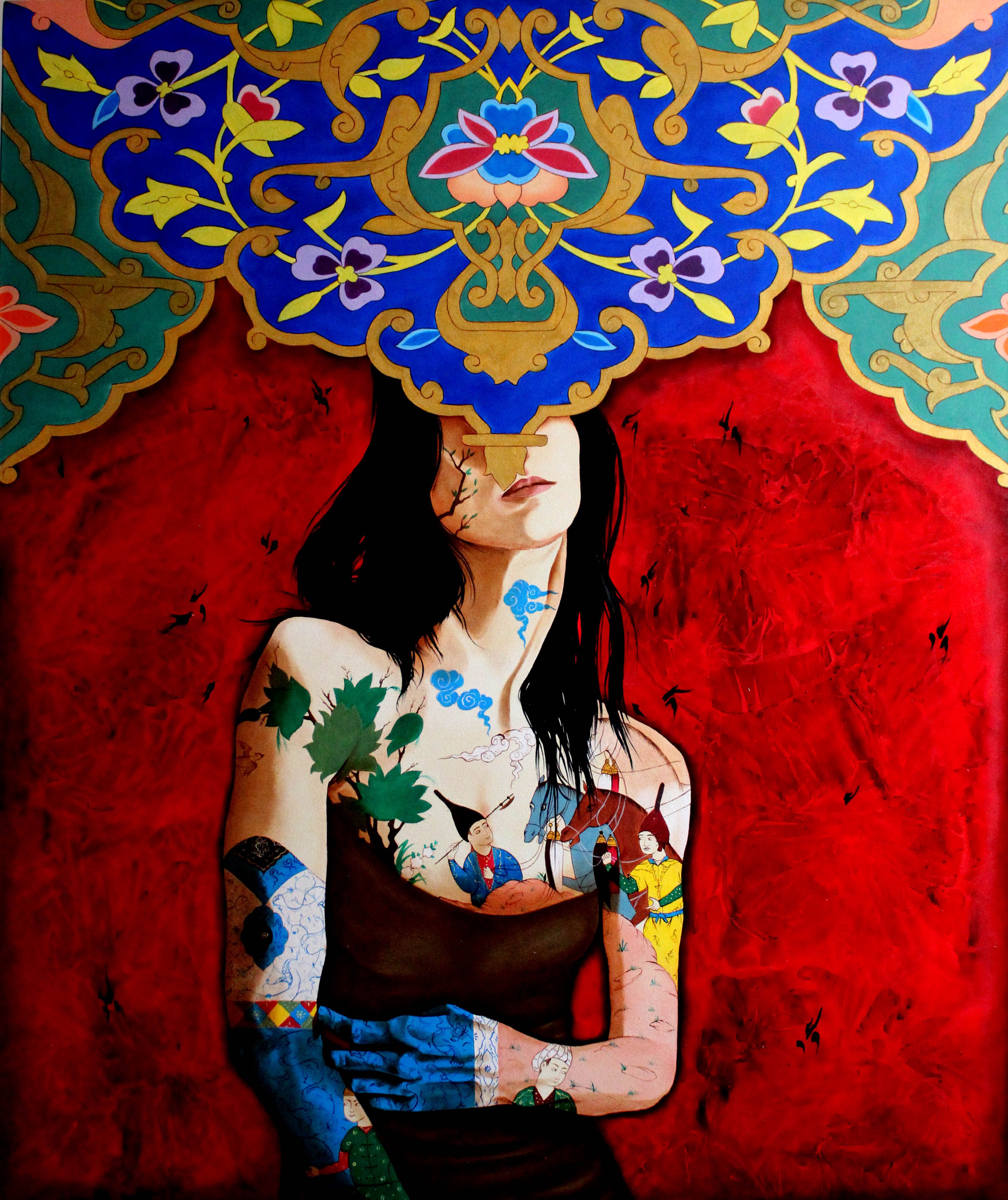First of all, the publication’s website counts every time you view a page as a new article being read, so if you view the original and not the archived version you’ll just get locked out after refreshing it three times.
Don’t bother with the first half imo, it’s a useless faff, but the consciousness portion onwards is worthwhile: worker cooperatives being a marginal addition to a capitalist economy where many people are suffering, lack of participation in lower councils even among the Kurds (non-Kurdish groups apparently participate mostly only in name), asayish not becoming obsolete but ossifying into a police force, a war on the “state mentality” of the people. Nothing groundbreaking but updates are always welcome. The author will post a long series. I have my thoughts, what do you guys think?


I like that Heval Newroz accepted and encouraged criticism; that she views the revolution not as a finished work but a project still in progress. I agree you can’t expect society to change quickly, and education is the key. I hope their revolution continues to progress in an anarchist direction.
Thanks for sharing the article.